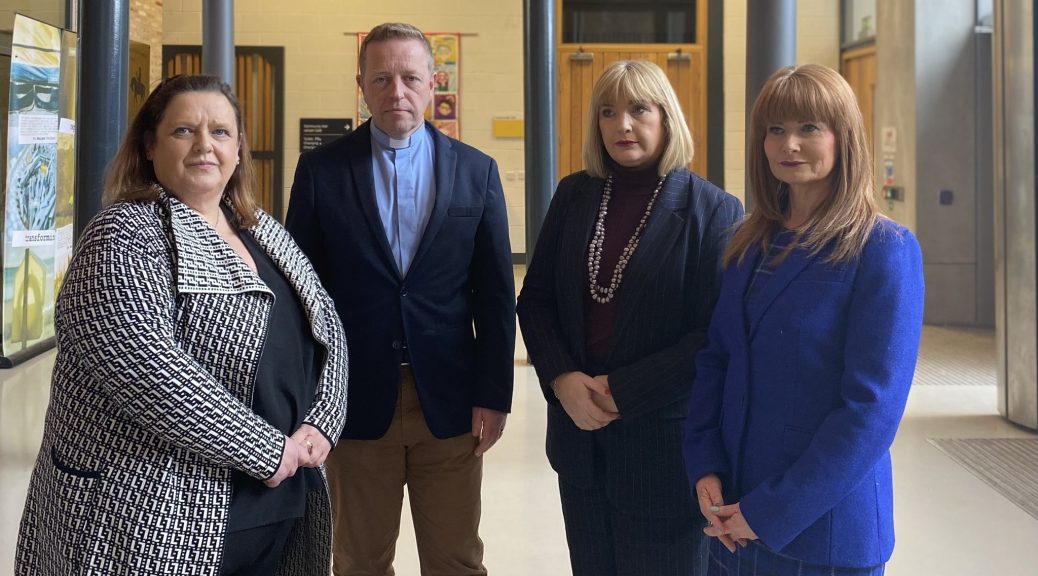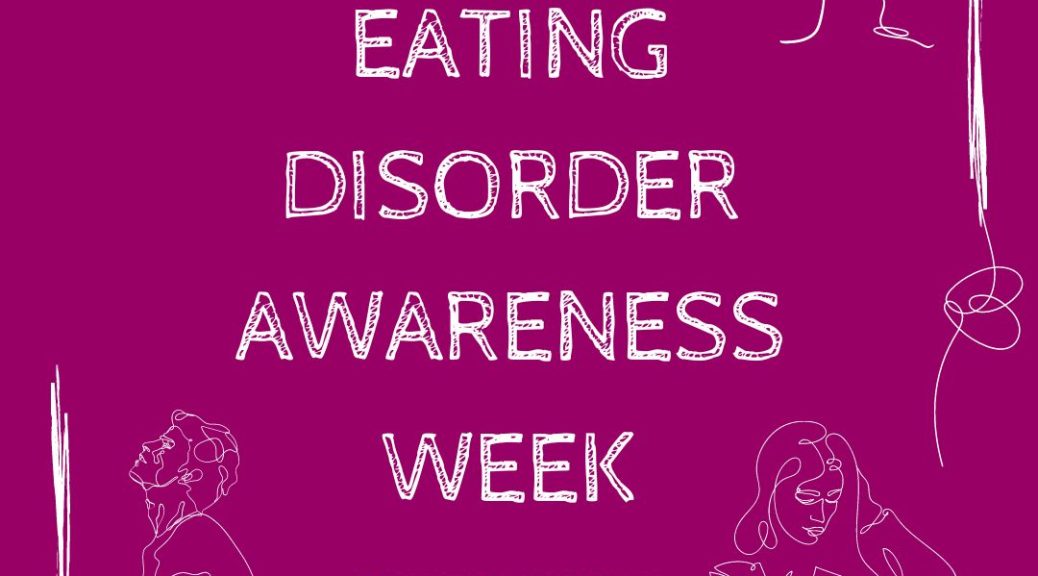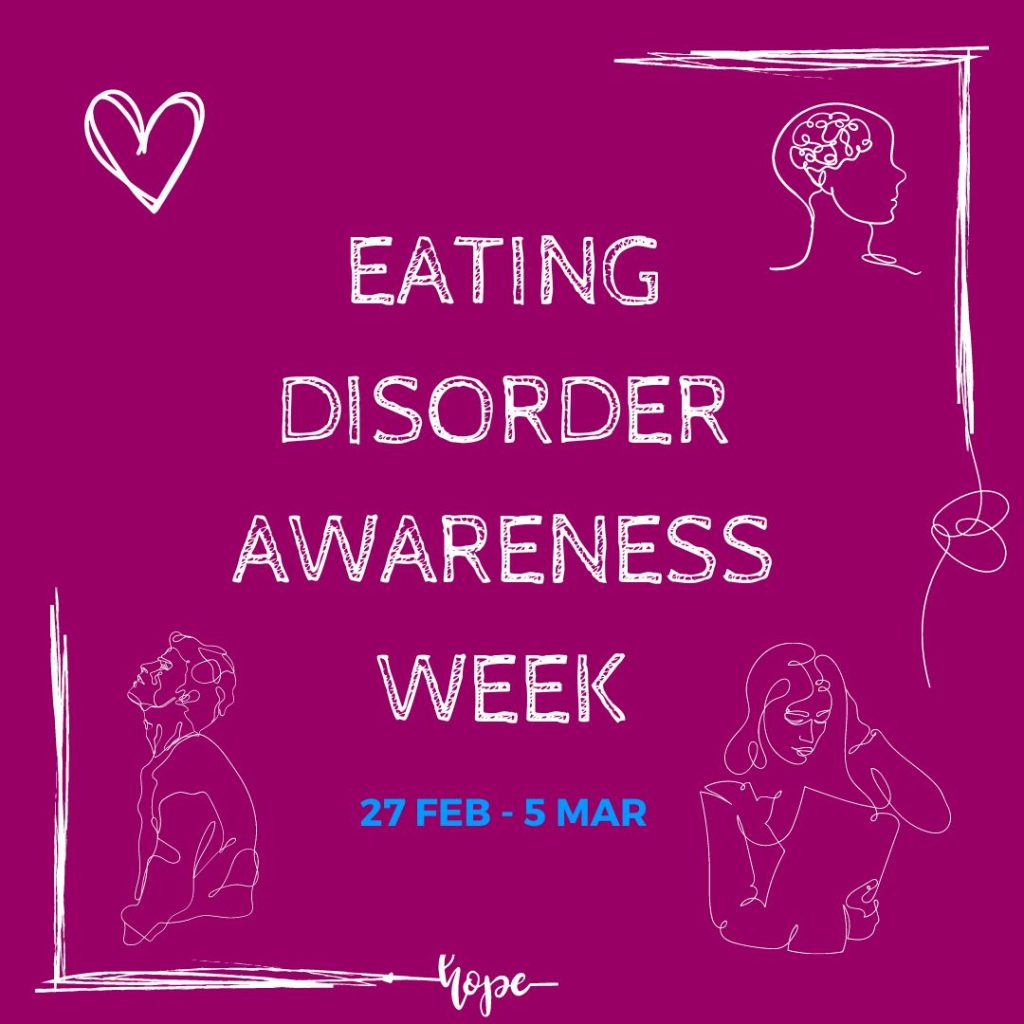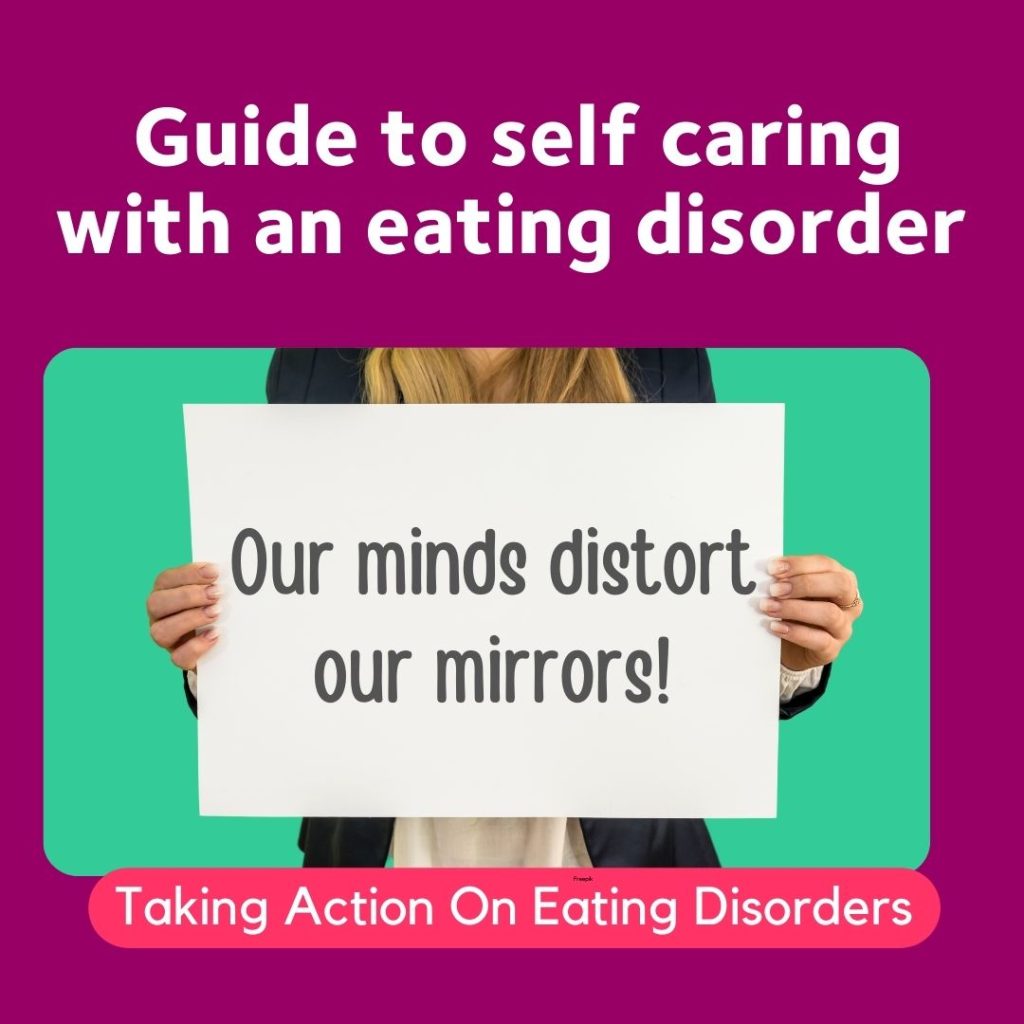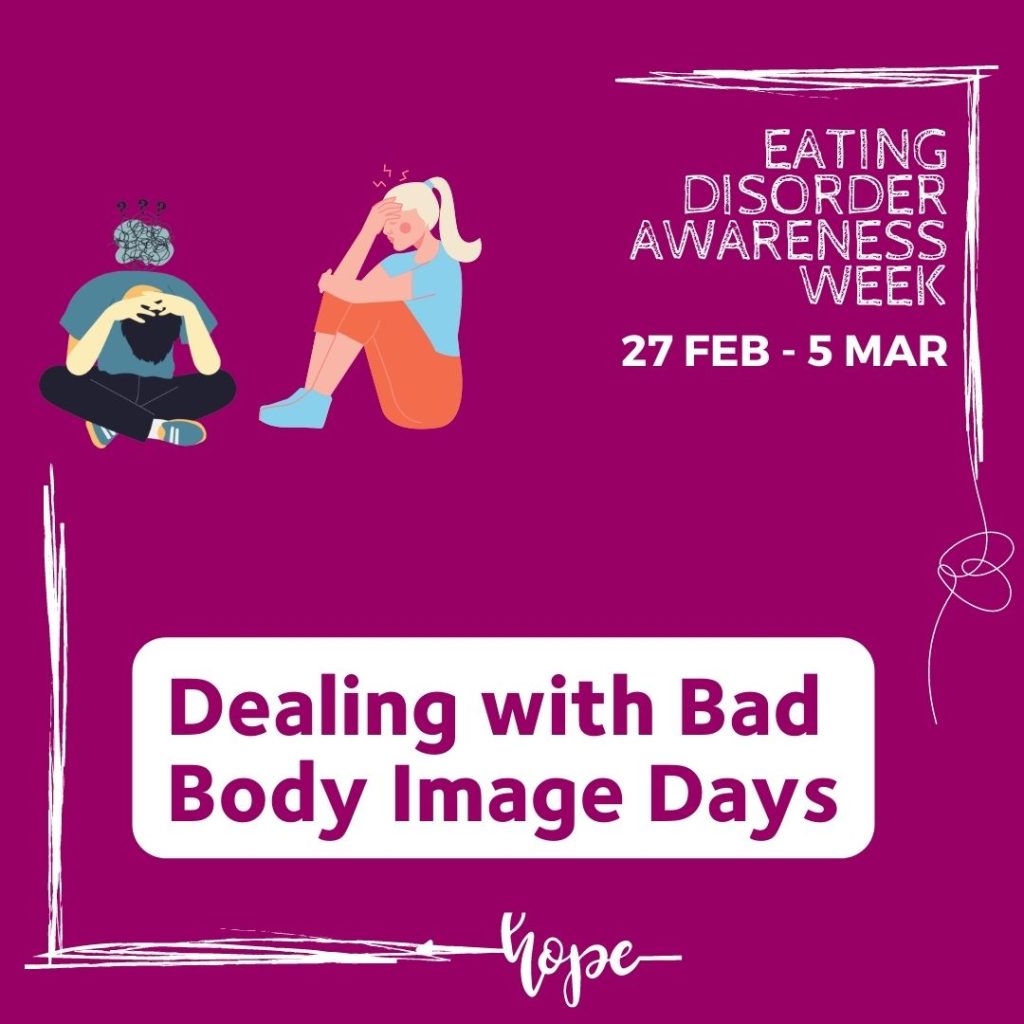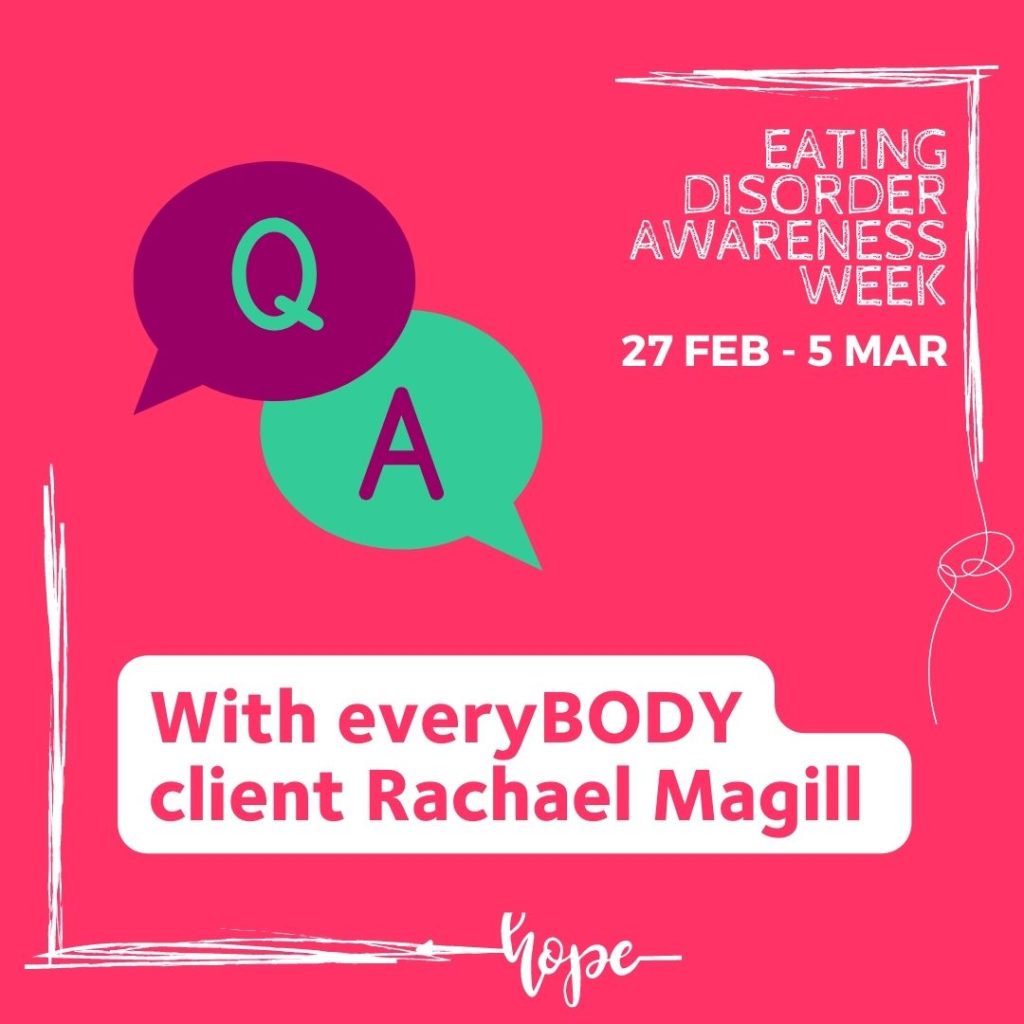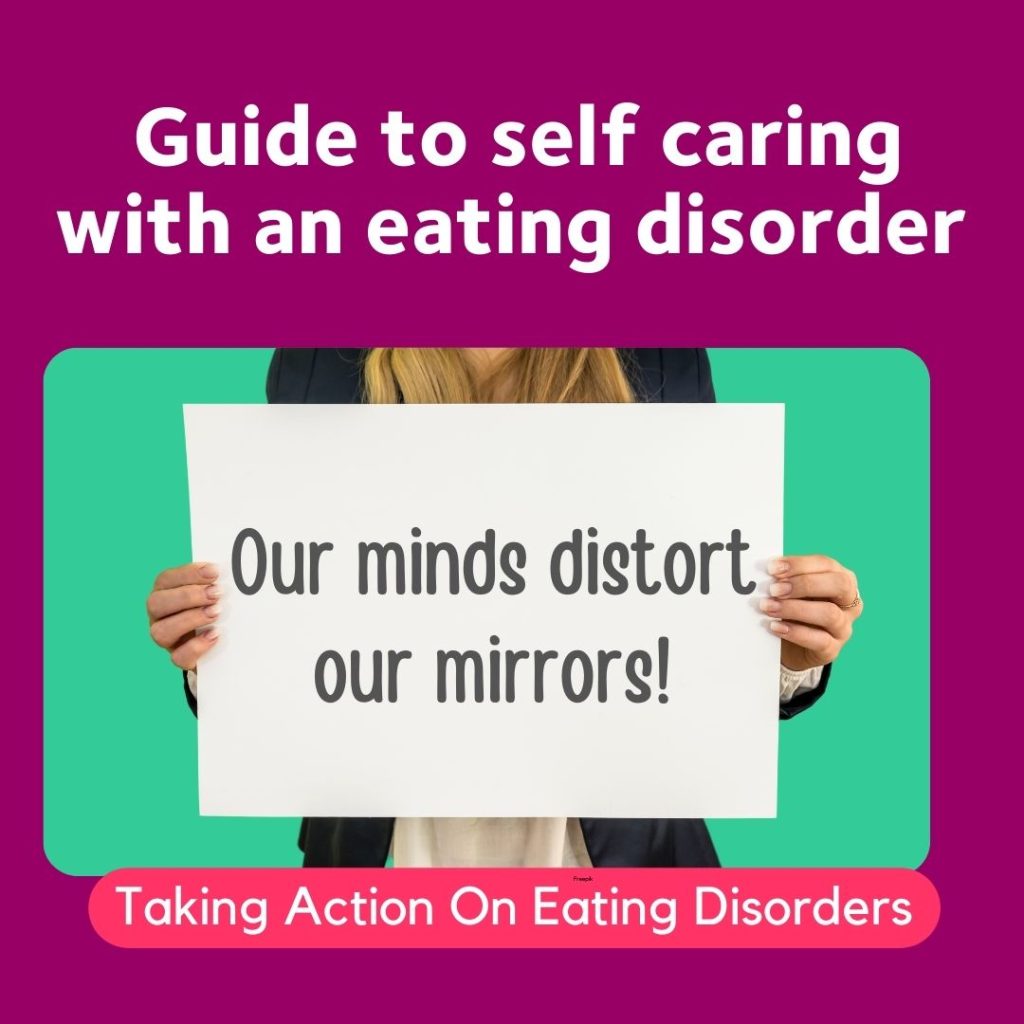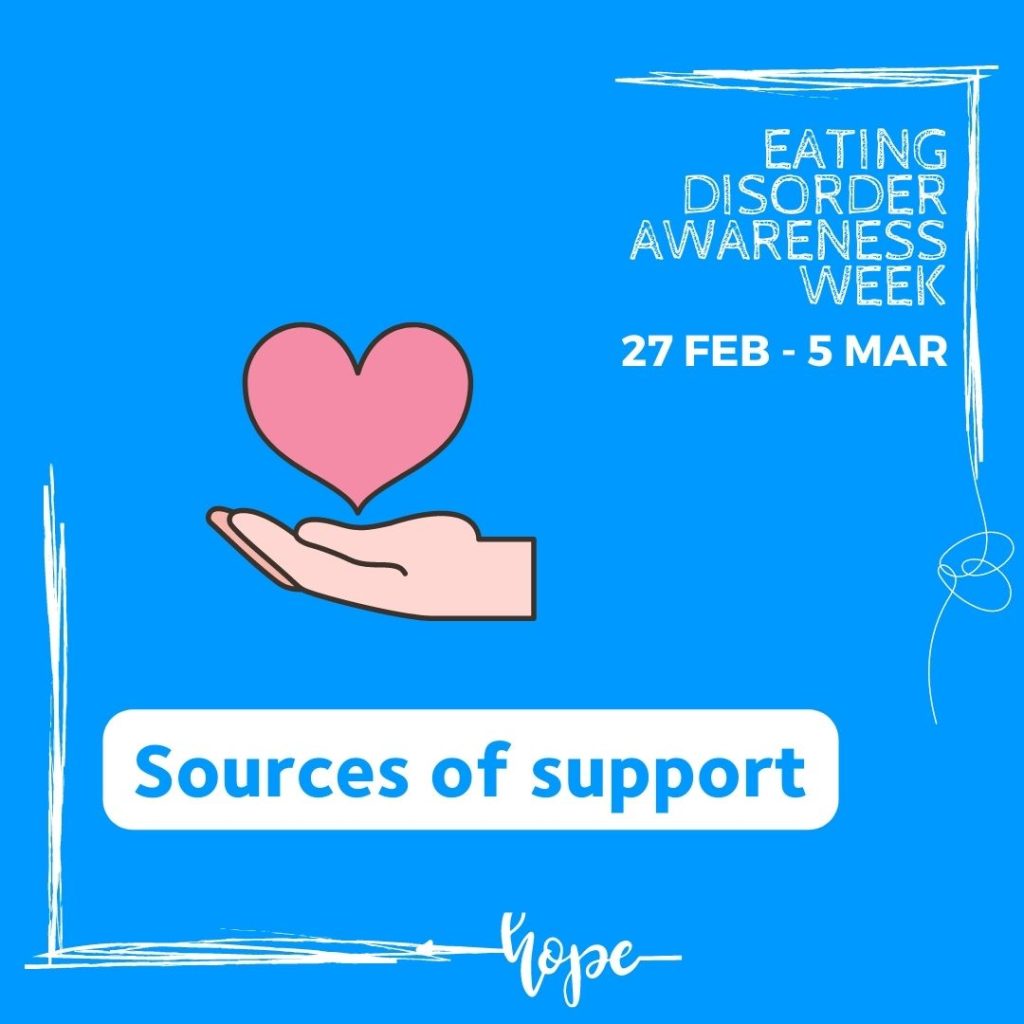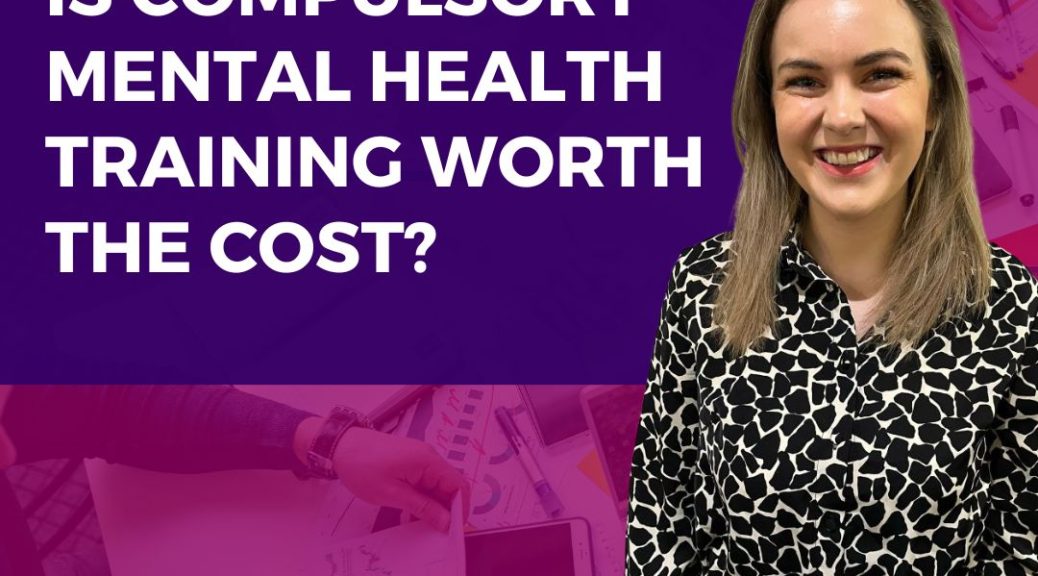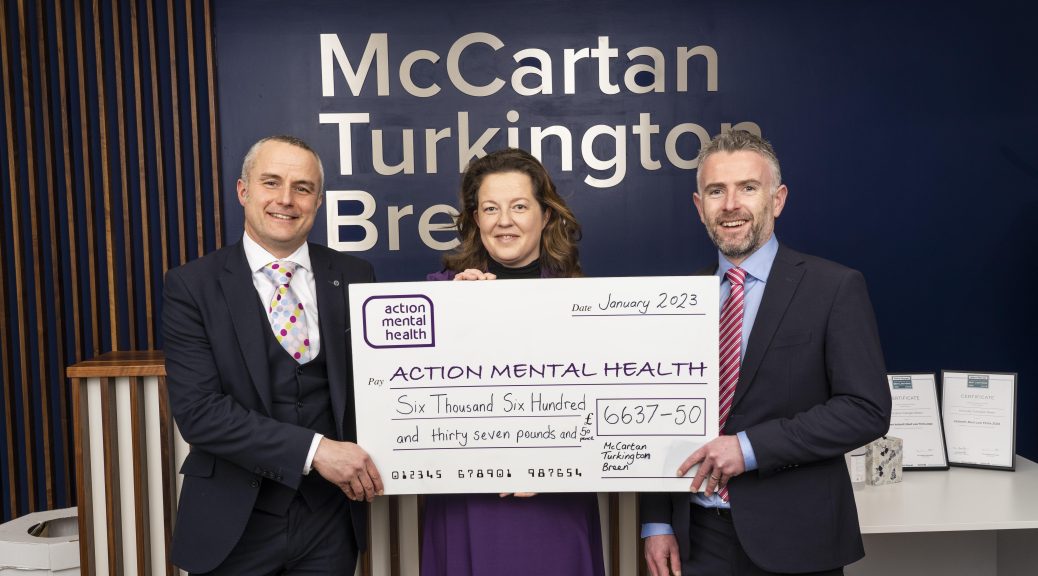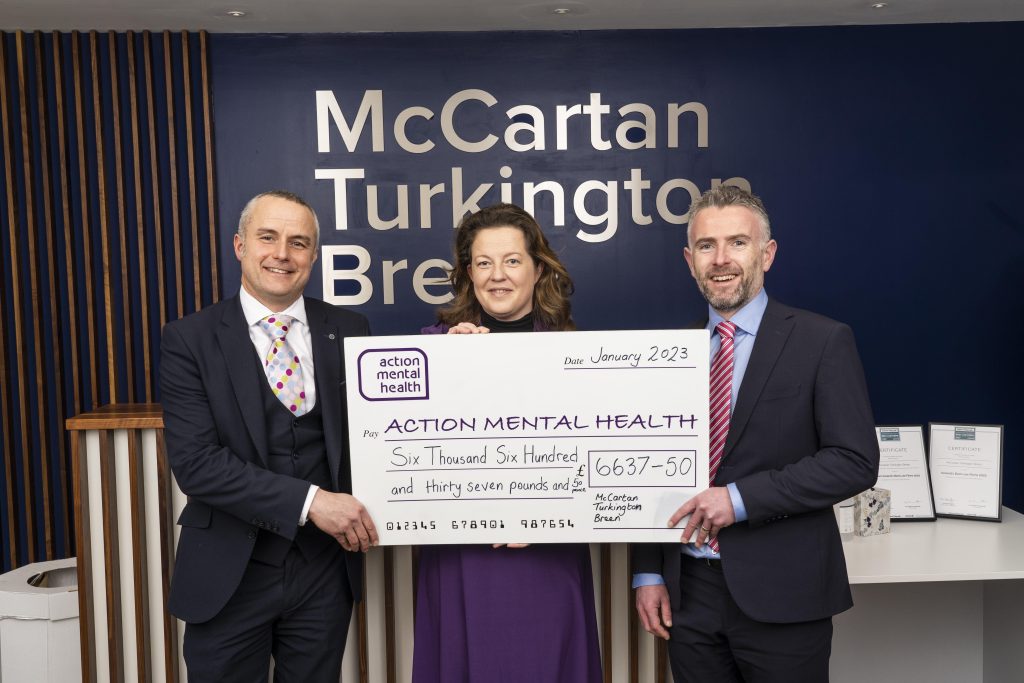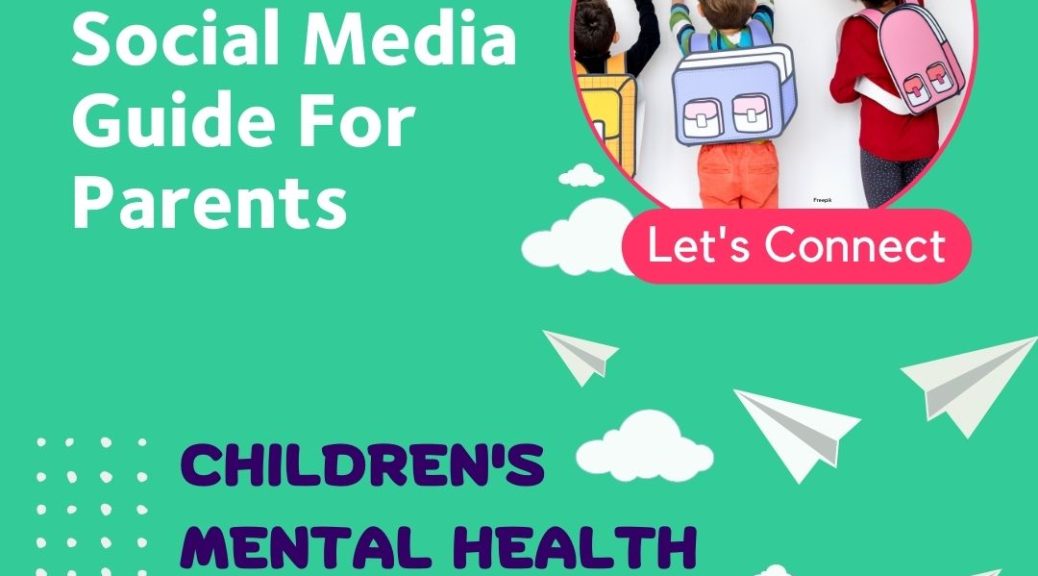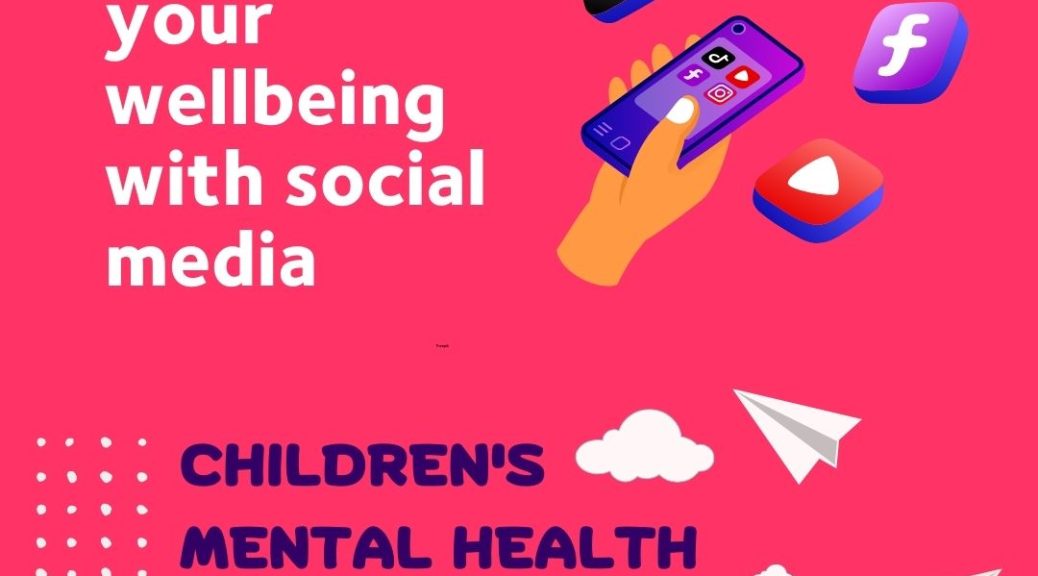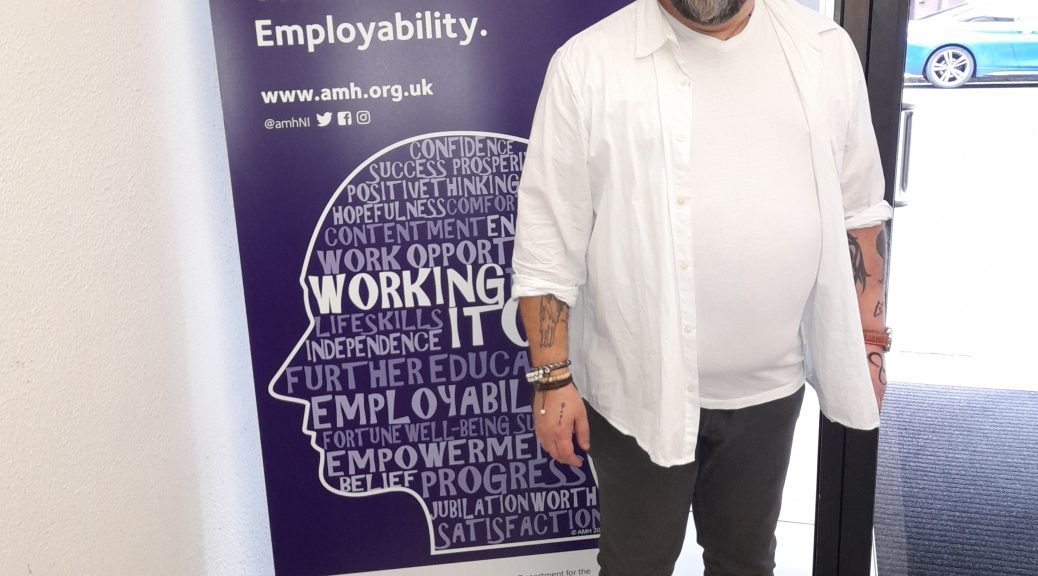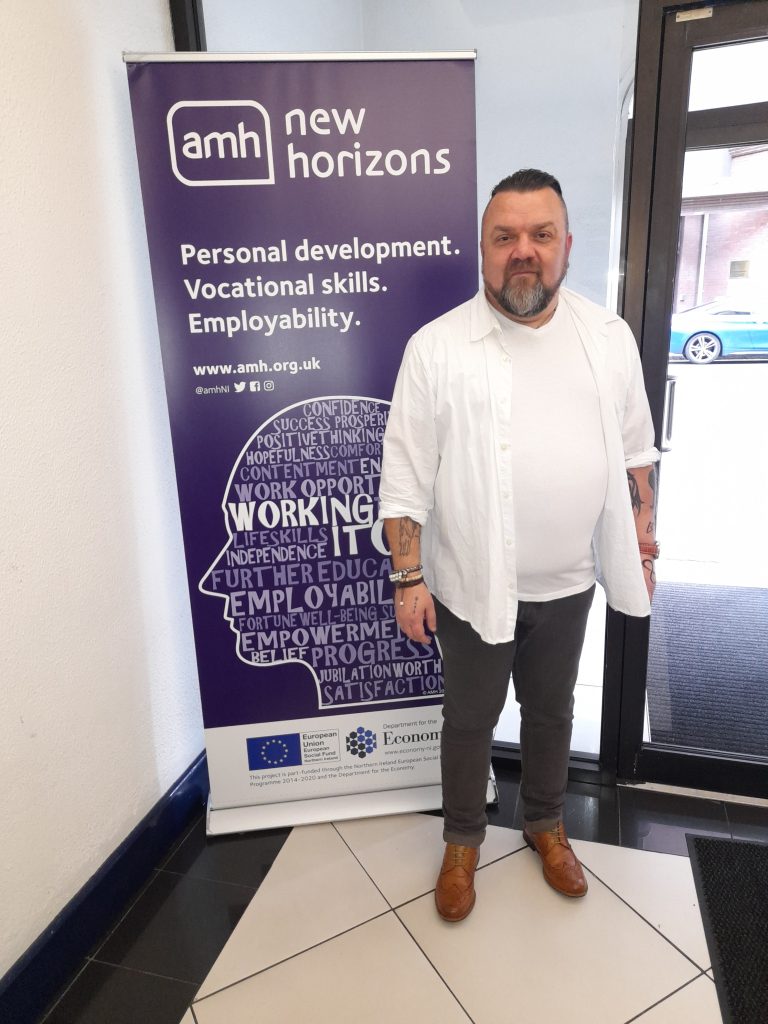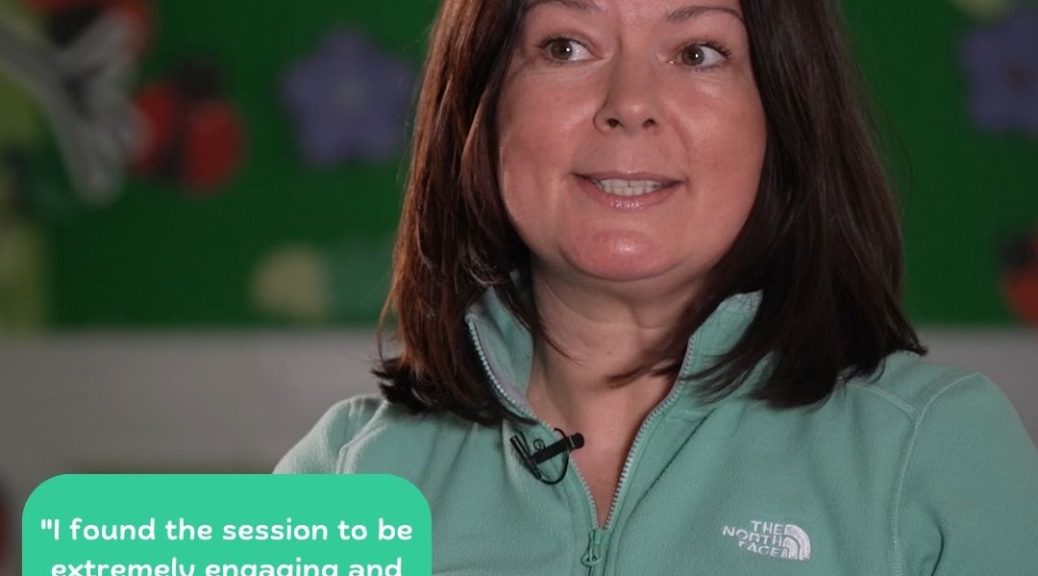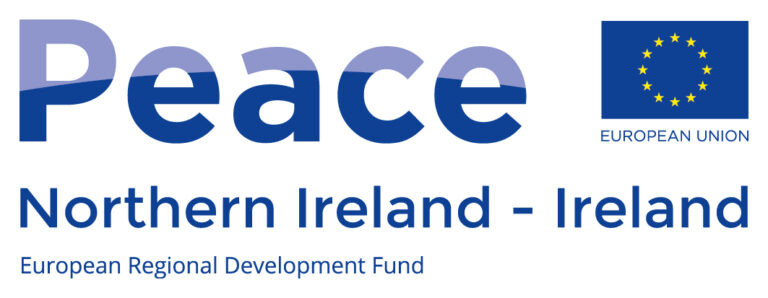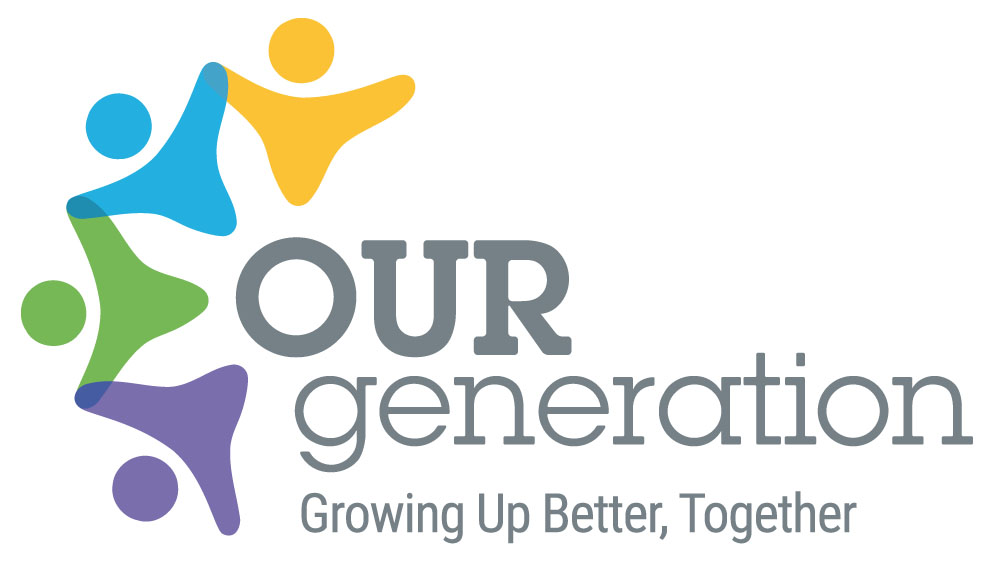PRESS RELEASE ISSUED ON BEHALF OF CSPG, NICVA, CO3 AND NIUSE
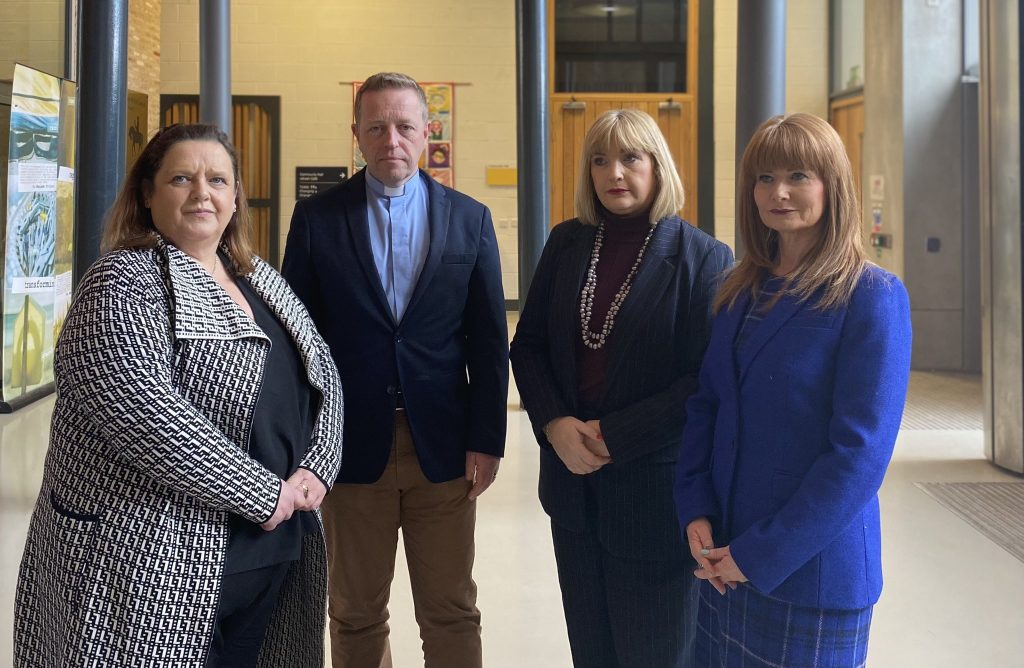
The Community Sector Peer Group, NICVA, CO3 and the NI Union of Supported Employment, which represent over 1,000 community organisations across Northern Ireland, have said that the community sector “feels abandoned by the political process and civil servants in London and Belfast”.
A 60% cut in funding has left dozens of community sector organisations facing closure within weeks. 1,700 staff employed by 67 different groups have been put on notice of redundancy. Employability services which help over 18,000 marginalised people annually will be substantially cut or discontinued.
Funding previously provided by the European Social Fund (ESF) finishes at the end of March and has not been replaced in full by either Westminster or Stormont. To date local Departments have declined to fully replace the £13m they previously provided whilst the UK Government’s new UK Shared Prosperity Fund provides only a partial replacement for the current ESF programme.
A cross-party pledge signed by 65 MLAs is now urging Stormont Departments to step in to help save services.
The MLAs acknowledge that the services provided are “invaluable to the most disadvantaged and marginalised in Northern Ireland who find it difficult to access employment” and that the services will cease if the current groups are not funded adequately.
The MLAs also noted that they have “seen first-hand how successful these services have been in helping the most vulnerable in our society into employment and training, and that they save the public purse money by reducing demand on social care and other pressurised public services.”
In particular, the MLAs urged “Northern Ireland’s Economy, Finance, Communities, Health and Justice Departments to make a meaningful financial contribution to ensure these services can continue to operate to their full capacity, which will in turn significantly help with cost prevention in other aspects of care.”
Rev Andrew Irvine, Chair of the Community Sector Peer Group and Chief Executive of East Belfast Mission said:
“It’s a scandal that despite years of forewarning both Westminster and Stormont have decided by their inaction to decimate services which help disadvantaged people get off benefits and into employment. It’s a case of saving pennies now only to spend pounds later.
“While Westminster has shown some flexibility with funding, the lack of purposeful engagement from our local departments has been extremely disappointing. Given that these departments have a statutory duty to provide employability services, I struggle to understand why they are prepared to let these services and jobs disappear.
“These are 1,700 real jobs providing critical services but also around £40m in salaries for the local economy.
“We’re grateful for the overwhelming support from local parties, but with just weeks of funding left it’s fair to say that the community sector feels abandoned by the political process and civil servants in London and Belfast.”
Celine McStravick, NICVA’s Chief Executive, said:
“Employability services provided by the community sector have a track record of delivering success which is unmatched by similar Government projects.
“It has taken years for the sector to build up the expertise which lies behind that success – those skills are now at serious risk of being lost and it’s hard to see how they’ll be replaced.
“If a manufacturing firm threatened to close with the loss of 1,700 jobs because of a Government decision, there would be a public outcry. Our groups feel, however, that their jobs and the services they provide are expendable.
“Report after report has demonstrated the community sector’s major economic contribution to Northern Ireland; we need Government to start nurturing rather than undermining the sector.
“At the end of the day, we help provide the services that keep Northern Ireland running, we’re not a ‘nice to have’ – we’re essential.”
Valerie McConville, CO3’s Chief Executive, added:
“I hope departmental officials will take this last opportunity to acknowledge the overwhelming political support to safeguard these services and respond with meaningful funding.
“We urge them to reconsider if there are monies available from underspend in other departmental programmes, but more importantly, will they commit to bridge any interim funding gaps caused by delays in the UKSPF becoming operational.
“Longer term, we need local politicians and officials to set out how they view the future of the sector. The current situation where groups are forced to stagger from funding crisis to funding crisis is unsustainable.”
Edyth Dunlop, Regional Manager of the NI Union of Supported Employment, said:
“The ending of the ESF Programme without a full replacement programme will not only impact on staff and services but on individuals who are at risk of being further left behind. Northern Ireland has the highest rate of economic inactivity and the lowest employment rate for people with disabilities in the UK. It doesn’t make sense to not continue vital services which address this. From 1st April 2023 there will be no pre-employment training for disabled people or those most vulnerable unless actions and decisions are made now.”
The costs of supporting someone through a community-based employability programme will vary depending on the complexity of their needs but it can be as little as £600. The costs of unemployment for health, social services and justice budgets are substantially higher, up to £40,000 for someone who falls into the justice system.
A recent review of employment services provided by the Belfast Works consortium led by the Upper Springfield Development Trust found that it exceeded its employability targets by 400% and delivered them at a cost over 50% less than projected.
ENDS
MLA Pledge Wording
The UK Shared Prosperity Fund (UKSPF) was created to provide support for projects across Northern Ireland, focusing on people and skills, communities and place, and local businesses.
UKSPF was designed to replace the European Social Fund (ESF) that to date has helped over 60 projects in Northern Ireland to provide support to over 80,000 people furthest removed from the job market. Unfortunately, the level of funding available from UKSPF will not match the level that was made available through ESF, which will be to the detriment of these services and the service users.
The work of these services is invaluable to the most disadvantaged and marginalised in Northern Ireland who find it difficult to access employment. These service users have so much to offer, but may need some extra support. If these service providers cannot continue to deliver these projects, no one will. There is no alternative in place.
As a local representative, I have seen first-hand how successful these services have been in helping the most vulnerable in our society into employment and training, and that they save the public purse money by reducing demand on social care and other pressurised public services.
With the Northern Ireland Assembly operating with a highly restricted and challenging budget, it is vitally important to implement cost prevention.
For example, the cost of one adult participating in the many of the Jobs Programmes is as low as c. £1,500; however, the cost per year to the public purse on benefits such as ESA for one adult is c. £3,884 and the cost per year for one adult in the Justice system is c. £40,000.
I urge Northern Ireland’s Economy, Finance, Communities, Health and Justice Departments to make a meaningful financial contribution to ensure these services can continue to operate to their full capacity, which will in turn significantly help with cost prevention in other aspects of care.




